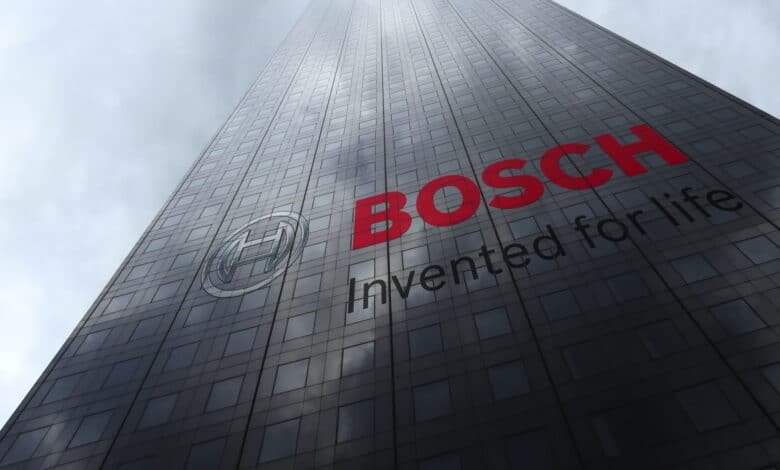
The shortage of semiconductors is omnipresent and currently exemplifies the weak points of globalization. In order to get a grip on the problem in the chip industry, the EU and the USA are focusing on increasing production by Western companies with support initiatives. Intel, for example, is setting up a large factory in Magdeburg and collects attractive subsidies from the federal government and the EU. The traditional company Bosch also wants to expand its lucrative business with semiconductors. And it is doing so all over the globe.
Development centers in Dresden and Reutlingen
The global shortage of valuable semiconductors is also calling on companies that are not actually known as producers of the important chip technology. Within the next four years, a total of three billion euros is to be invested in this. According to Stefan Hartung, the aim is to prepare for the continuing growth in demand for chips in the interests of customers. “For us, there is big business in the smallest components,” says the Bosch CEO. To this end, the company initially wants to invest primarily in the development of new chip technology. More than 170 million euros are to be invested in chip development centers in Dresden and Reutlingen. The remaining money will be distributed by the globally active company to other locations around the globe.
Production in Germany to be fired up
But Bosch doesn’t just want to ponder new technologies in this country. It is also, of course, focusing on the manufacture of its coveted semiconductors. Thus, 250 million euros are to be invested in the enlargement of the clean room in Dresden. Bosch is planning to expand by 3000 m². In the space gained, the company would then like to continue the expansion of the production of 300-mm technology. This will bring the company ever closer to its goal of employing 700 associates in Dresden. Currently, 350 chip experts work there.
Even more money for production is to flow to Reutlingen. By 2025, almost 400 million euros are to be invested in expanding the clean room by 3600 m². And that is just the beginning. According to its own statements, Bosch is planning to expand its cleanroom area from the current level of around 35,000 m² to 44,000 m². This is to happen within the next three years. Outside Germany, the investment in a new site in Malaysia is likely to be of particular interest. Bosch wants to test new chip technology there.
Chip technology with focus on electric cars
The semiconductor technology that Bosch wants to launch with its expanded and partly new plants is not to be used in smartphones or notebooks. According to the company, it will be SoCs that will be used, among other things, for environment sensing in modern vehicles. This is essential for autonomous driving. Silicon carbide chips are also to be developed for use in electric cars. According to Bosch, the latter will increase the range of electric cars, making them highly desirable. The company also wants to perfect tried-and-tested charging technology from smartphones and notebooks so that it can also be used in electric cars. In particular, chips consisting of gallium nitride are to be modified so that they can withstand high current voltage.
In the wake of the EU Chips Act
The expansion of Bosch’s semiconductor and chip production is in line with the EU Chips Act. This is intended to create incentives for the location and expansion of Europe-wide production of valuable semiconductors. Bosch is also aware of this and is possibly hoping for attractive subsidies. At the very least, the investment sum has grown by 900 million euros to a total of almost 7 billion euros in 2022 – and the trend is upwards.



